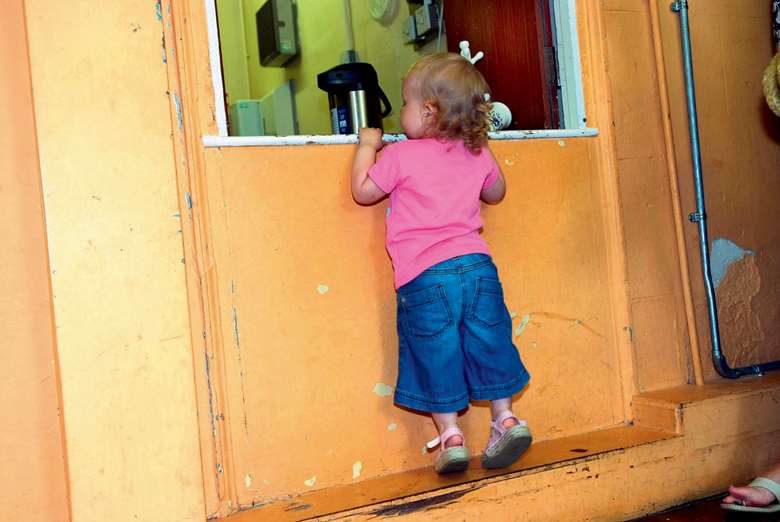Strategy calls for focus on children, not families, in bid to end poverty
Gabriella Jozwiak
Tuesday, October 30, 2012
The Welsh Government must overhaul its approach to child poverty in order to meet the target of eradicating the problem by 2020

More than a fifth of children in Wales live in poverty. But according to their children’s commissioner, Keith Towler, the Welsh government must overhaul its approach to the issue to have any hope of meeting the target of eradicating the problem by 2020.
Towler set out his vision in his first child poverty strategy earlier this month, based on the views of disadvantaged Welsh children and young people.
He wants the Welsh government to adopt a child-centred approach by looking beyond income-based measurements of poverty and considering patterns of material deprivation. He argues that the Welsh government’s Tackling Poverty Action Plan, published in June, focuses too much on families at the expense of children.
“I want to see a real commitment to placing children’s rights at the centre,” he says. “Regardless of the income levels coming into the house, children have an absolute right to access all kinds of opportunities to fulfil their potential, such as the right to play and to an education.”
Towler says he has been struck by the level of material deprivation he has witnessed among families not officially classified as living below the poverty line. “When I talk about material deprivation, I’m taking about families that are becoming increasingly reliant on food banks, where parents with two or three part-time jobs – that might be hitting the minimum wage but not the living wage – are really struggling to feed and clothe their children,” he explains.
To track progress, he intends to update his child poverty strategy each year and says success will be measured partly by the practical steps the Welsh government takes to solve basic problems. “I want to see initiatives put in place that make sure no child goes hungry,” he says. “I want to see numbers of children and young people who are accessing opportunities go up.”
Measuring child poverty
Meanwhile in Westminster, the government’s child poverty unit is to launch a consultation on measuring child poverty this autumn. Sam Royston, policy adviser on poverty at The Children’s Society, says income measures should remain central to child poverty assessments, but insists that a broader approach must also be employed.
“The income measures are a good proxy for understanding what it means to be in poverty,” he says. “But we do recognise there are some limitations and it doesn’t capture all measures of deprivation, such as intra-household poverty. Even if your household is above the poverty line, the distribution of resources may not be going to serve the children in the household.”
Royston warns that few of the government’s welfare reforms will alleviate child poverty. “The extension of free childcare to disadvantaged two-year-olds won’t have a direct impact on the number of children in poverty, because it doesn’t contribute to household income,” he says.
But he does believe the 2020 target is still achievable. “We have made considerable progress over the past decade towards ending child poverty,” he says. “While considerable progress is still needed, if we can get investment in the areas that need it, it is possible to meet that target.”
Children’s commissioner for England Maggie Atkinson says she is committed to working closely with her fellow UK children’s commissioners to challenge government policy on welfare reform. In January, she published a children’s rights impact assessment on changes to the benefits system, which revealed how children living in poverty could be affected by the reforms.
“We are planning on revisiting this assessment,” Atkinson says. “We expect robust continued dialogue on the issue as the changes to the welfare system are implemented in the coming years.”




